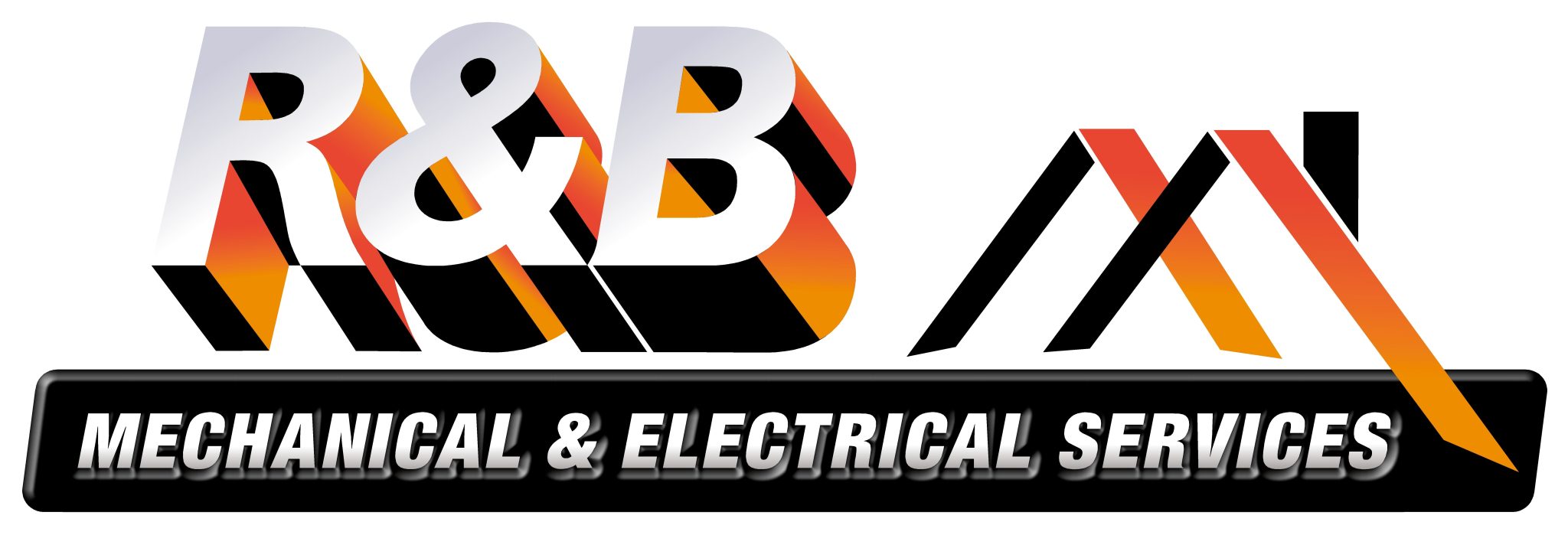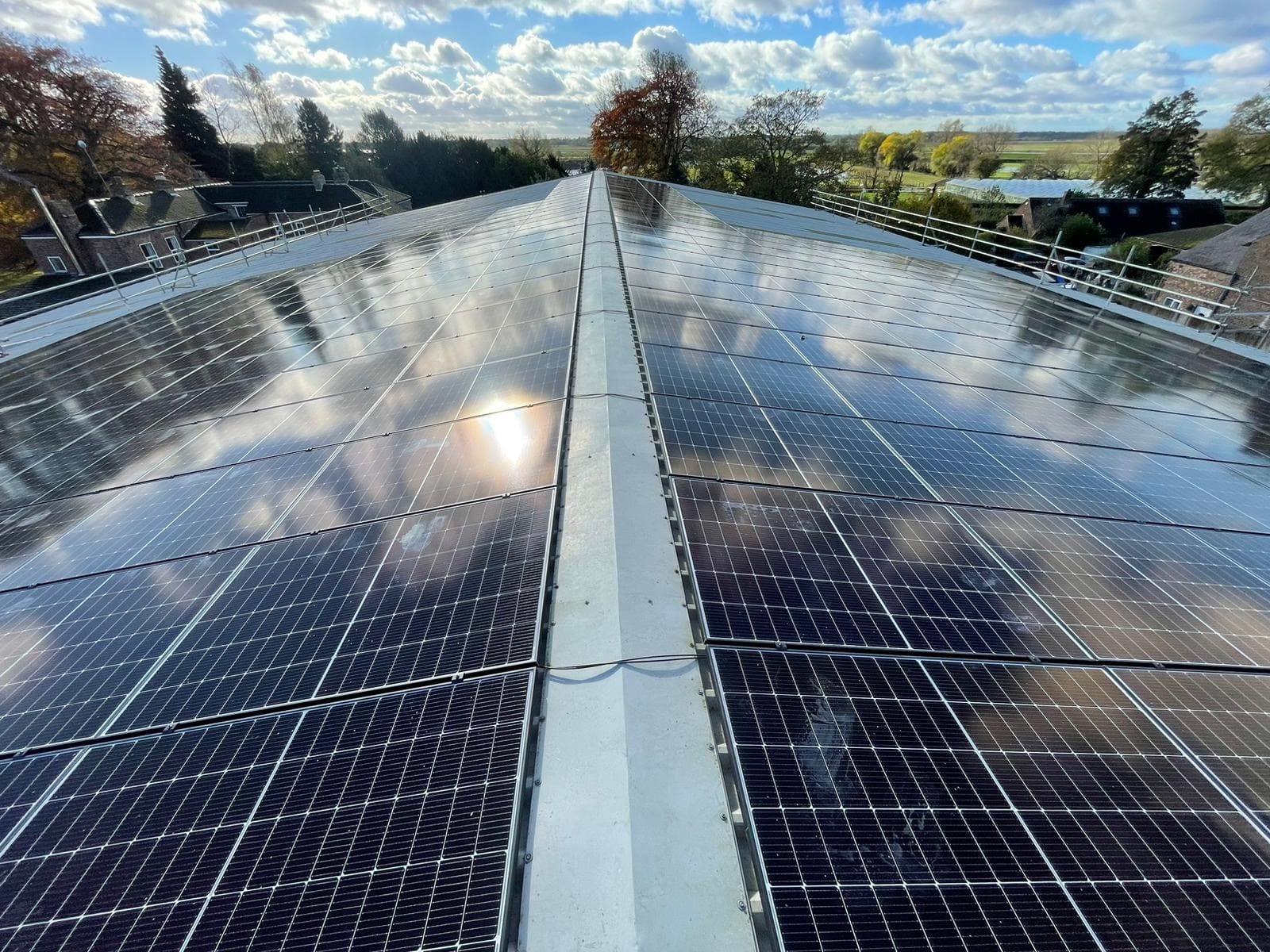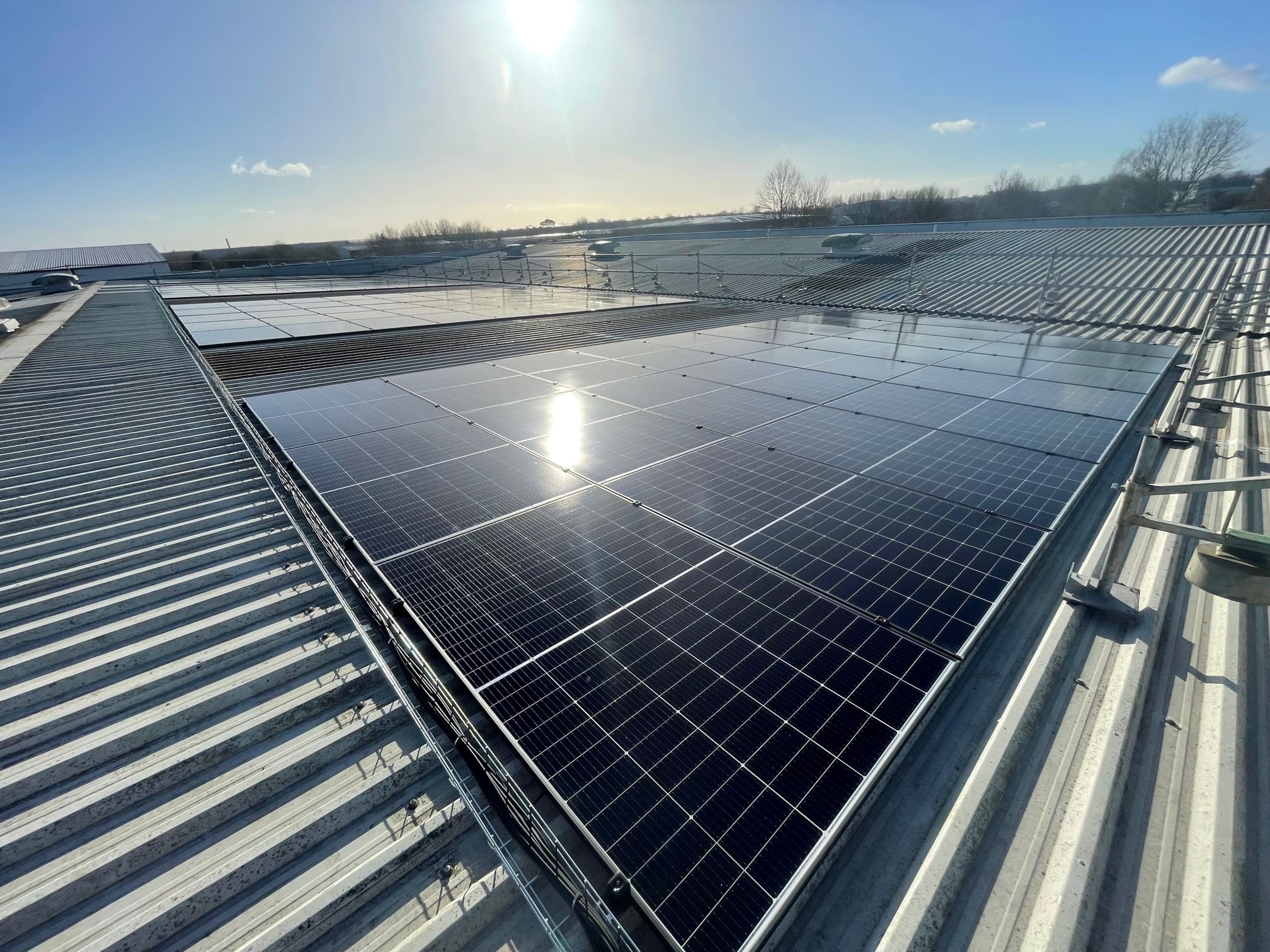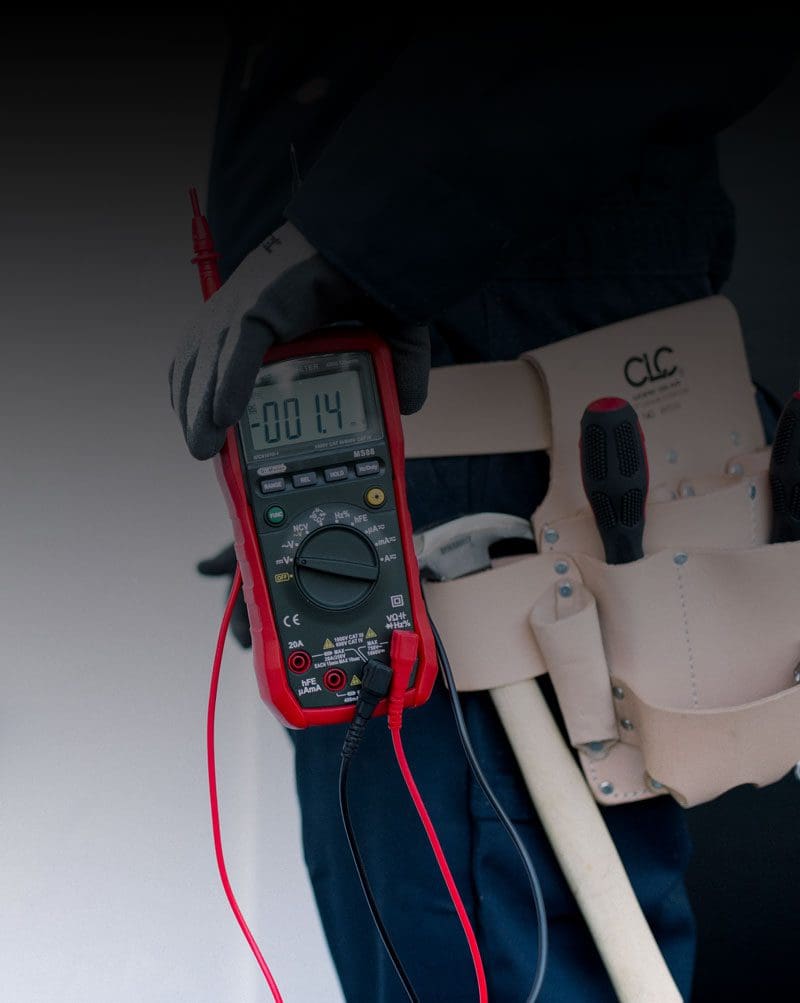R&B Solar Panels
Solar Panel
Installer
We Install Commercial, Agricultural & Residential Solar Panel Systems
R&B Mechanical & Electrical Ltd
Your Trusted Solar Panel Installer
Harnessing the Sun's Power for a Brighter Future
At R&B Mechanical and Electrical Ltd, we’re committed to providing cutting-edge solar panel solutions for both residential and commercial clients across the UK. Our team of experienced professionals is dedicated to delivering high-quality installations that maximise energy efficiency and reduce your carbon footprint.
Our Services:
Commercial Solar Panel Installation
As a leading commercial solar panel installer, we specialise in designing and installing large-scale solar systems for businesses of all sizes. Whether you’re a warehouse, a factory, or a retail outlet, our tailored solutions can significantly reduce your energy costs and contribute to a sustainable future.
Our expertise in installing high-yield solar panel systems ensures optimal performance, even in challenging weather conditions. We work closely with our clients to understand their specific energy needs and recommend the most suitable system configuration.
Residential Solar Panel Installation
Investing in a residential solar panel system is a smart way to reduce your reliance on traditional energy sources and lower your electricity bills. Our team of certified installers will guide you through the entire process, from initial consultation to final inspection.
We offer a range of residential solar panel solutions, including:
 
Solar Panel Battery Storage
By adding solar panel battery storage to your system, you can further increase your energy independence and reduce your reliance on the grid. Our battery storage solutions allow you to store excess solar energy for use during peak demand periods or when the sun isn’t shining.
Solar Inverter Replacement
As your solar panel system ages, your inverter may need to be replaced. Our team can efficiently replace your old inverter with a new, high-performance model to ensure optimal system efficiency.
Solar Panel System Design and Estimating
Our experienced engineers will design a customised solar panel system that meets your specific energy needs and budget. We’ll provide detailed estimates, including the potential energy savings and payback periods.
Why Choose R&B Mechanical and Electrical Ltd?
-
- MCS Accreditation: We are certified by the Microgeneration Certification Scheme (MCS), ensuring that our installations meet the highest industry standards.
- RECC Accreditation: Our commitment to customer satisfaction is recognised by the Renewable Energy Consumer Code (RECC).
- NICEIC Accreditation: Our electrical installations are carried out to the highest safety standards, as certified by the National Inspection Council for Electrical Installation Contracting (NICEIC).
- Expert Installation: Our skilled technicians have years of experience in solar panel installation and maintenance.
- High-Quality Products: We use only the best solar panels, inverters, and other components from reputable manufacturers.
The Benefits of Solar Panel Installation in the UK
- Reduced Energy Costs: Solar panels can significantly lower your electricity bills by generating clean, renewable energy.
- Environmental Impact: By reducing your reliance on fossil fuels, you’re helping to protect the environment.
- Government Incentives: The UK government offers various incentives and subsidies to encourage solar panel adoption.
- Increased Property Value: Solar panel installations can increase the value of your property.
Contact Us Today
Ready to take the first step towards a sustainable future? Contact R&B Mechanical and Electrical Ltd below today to schedule a free consultation. Our team will assess your property and provide a tailored solar panel solution to meet your needs.
Our Services
Commercial Solar Panels
We have designed and installed high yield commercial solar panel systems for many clients. We can provide all design and payback calculations and ongoing maintenance.
Agricultural Solar Panels
We have many years experience designing and installing agricultural solar panel systems for farm businesses and saving them huge costs on electrical energy.
Residential Solar Panels
Our design and solar panel installation engineers have over a decade of experience installing and maintaining solar PV systems for residential customers across the UK
Electrical Contractors
We are NICEIC registered electrical contractors and members of the Electrical Contractors Association for all industrial, commercial and residential electrical services including testing, inspection and compliance services.
Mechanical Services
We offer M&E design, calculation, estimation and full fit-out, installation and maintenance services to commercial clients. We also provide contract maintenance and building compliance and testing services
Solar Renewables
We are MCS and RECC registered solar panel installers for all commercial and residential solar panel installations including ground arrays and roof mounted PV systems and battery storage configurations.
EV Home Chargers
We fit all makes, models and types of EV Chargers for residential customers. We are Office for Zero Emission Vehicles (OZEV) authorised installers.
EV Workplace Chargers
We can undertake all required aspects of commercial EV charging point installation, from initial design and consultation to servicing and on-going maintenance.
Gas Boiler Engineers
We are Gas Safe Registered and undertake boiler installation, servicing and all gas safety checks for landlords and residential customers.
Solar Panel Installer
Photovoltaic Systems generate no greenhouse gases, a typical domestic system can save approximately 1.2 tonnes of carbon dioxide emissions per year – adding up to almost 30 tonnes over a system’s lifetime.
Our design and solar panel installation engineers have many years experience installing solar PV systems for industrial and commercial clients.
Contact Us
Solar Panel Enquiry
Address
Keighley, West Yorkshire
BD21 4PF
UK
What3Words
What3Words:///clocks.decide.pokers
Phone
Keighley: 01535 687010 Skipton: 01756 793039




